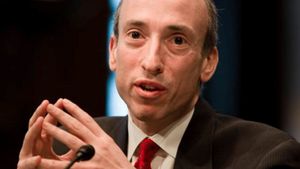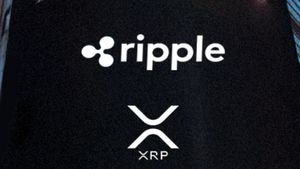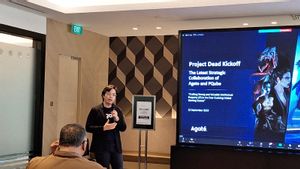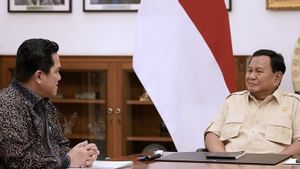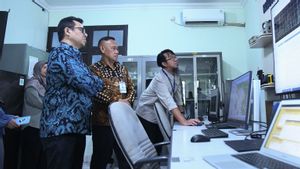The US Justice Department attempted on Wednesday 13 September to show how Google is doing everything they can to get people to use their search engines and build themselves into a $1 trillion search and advertising giant on the second day of an antitrust trial once in a lifetime.
First of all, the government is examining Google's former executive, Chris Barton, about a billion-dollar deal with mobile operators and other parties that help Google become the default search engine.
Barton, who is on Google from 2004 to 2011, said the number of Google executives working to gain default status with mobile operators grew dramatically as he worked at the company, recognizing the potential growth of handheld devices and early versions of smartphones.
Google's power in search, according to the government, has helped Google build monopolies in several aspects of online search advertising. The search is free so Google makes money through advertising.
The government says Alphabet Inc units pay 10 billion US dollars (IDR 153 trillion) annually to wireless companies such as AT&T, device manufacturers like Apple, and browser makers like Mozilla to hold competitors back and keep their search engine market share close to 90%.
SEE ALSO:
"In the revenue sharing agreement with cellular operators and Android smartphone manufacturers, Google urges its search to be default and exclusive. If Microsoft's Bing search engine is the default on Android phones," Barton said, then users would have "difficults in finding or switching to Google."
Barton said in his LinkedIn profile that he was responsible for leading Google's partnership with cellular operators such as Verizon and AT&T, estimating that the deal "propelled hundreds of millions of revenue."
The government also summoned Antonio Rangel, who teaches neuroscience and behavioral biology at the California Institute of Technology, to discuss the strong effects defaults have on consumer behavior.
Rangel told the court that he found that search engine defaults created "big and strong" bias against Microsoft's defaults, be it Microsoft's Google or Bing, and the effect was stronger on mobile devices than private computers.
"The consensus is that defaults have a major impact on consumer decisions," he said.
Google knows this in a difficult way, he said, when setting the amount of default spending into software for low-budget companies that buy ads. Those who spend less than the default start spending more money, but companies that have spent more than default reduce their expenses. The software was later changed, he said.
Variants, Google's lead economist, told the court that the scale, or number of search requests Google received, was important, but declined during the question of how important.
He also admitted giving a speech in which he said that some search requests, for example for tennis rackets, were important in advertising effectively to the people who made the request and to the next ad revenue.
The government has also accused Google of illegally taking steps to protect communications about payments made to companies like Apple.
Google attorney John Schmidtlein said at the opening on Tuesday that the government was wrong to say that Google was breaking the law to maintain its massive market share, suggesting that their search engine was very popular because of its quality and that the payments were fair compensation to partners.
The fight has major implications for Big Tech, which is accused of buying or strangling small competitors but has defended itself by emphasizing that its services are free, as in Google cases, or cheap, as in Amazon.com cases.
Previous major antitrust trials including Microsoft, filed in 1998, and AT&T, were filed in 1974. The dissolution of AT&T in 1982 was considered a way for the modern mobile phone industry, while fights with Microsoft were considered paving the way for Google and others on the internet.
If Google is found to have violated the law, United States District Judge Amit Mehta, who decides on the case, will decide how to best resolve it. He may decide just to order Google to stop the practices he has found illegal or he might order Google to sell his assets.
Throughout the trial, Mehta sometimes truncated questions to ask clarification questions about other terms or details being discussed.
The English, Chinese, Japanese, Arabic, and French versions are automatically generated by the AI. So there may still be inaccuracies in translating, please always see Indonesian as our main language. (system supported by DigitalSiber.id)




